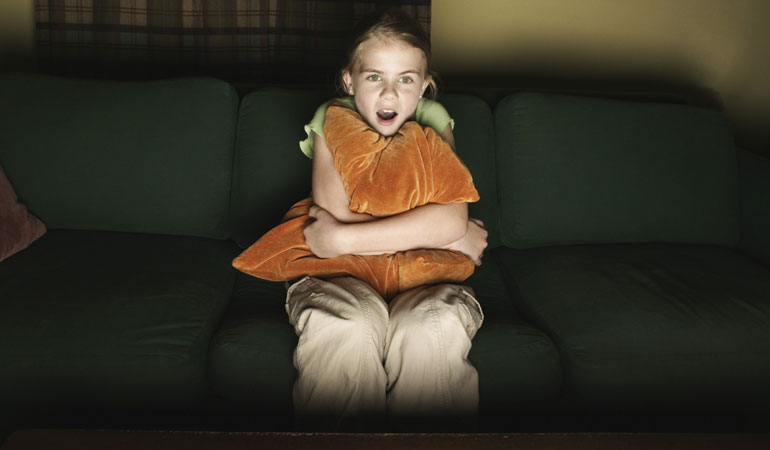Many years ago, on September 11, 2001, my young daughter was worried. Although her birth parents lived in China – thousands of miles from the World Trade Center – she was afraid they’d died in the attack. Similarly, when an earthquake devastated Haiti’s capital in 2010, school-aged children may have worried that their birth parents’ homes had been destroyed, even if they were born in another country.
By the time they turn six, adopted children know they have birth parents somewhere in the world, as well as having an adoptive family. Vagueness about who these people are — and where they live — can lead to frightening thoughts when wars or disasters strike. A young child may think that Iraq is a subway stop or bus ride away, or that hurricanes can destroy homes from New York to California in a few hours. Six- to eight-year-olds are trying to make sense of the world, and they often imagine that what they hear about in the news could happen to them. The immediacy of images on television makes disasters seem even more threatening, as if they might take place in the next town.
Experiences from our children’s pasts prove that big, scary changes do happen. Their world has already been shaken, so, when wars or natural disasters occur, they may think, or even ask: Who will take care of me in an emergency? or What if I lose you, just as I lost my first parents? These responses are useful for helping kids cope after disaster.
Reassuring Responses
Grade-schoolers are old enough to wonder about world events but young enough to be confused. When they ask questions, listen carefully and answer in three ways.
1. Offer a concrete solution, if possible.
If your child is worried about the events in Iraq, you could say, Iraq is so far away that we can’t take a bus, car, or train to get there. Also, Iraq is nowhere near your birth mother’s home, so I’m sure she’s safe, as well.
2. Acknowledge your child’s feelings, either directly or with an “I wonder” statement.
For example, you might say, I know this earthquake (or hurricane) seems pretty scary to you. I wonder if you’re worried about whether our family is safe or whether your birth parents are OK.
3. Let your child know that you, or another trusted adult, will care for him in an emergency.
Explain that most disasters are not complete surprises and that your family will be prepared if something happens. Reassure your child that you will always look after him and provide for his safety.


